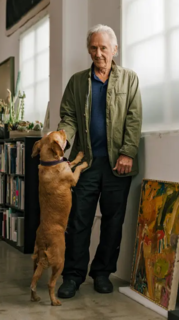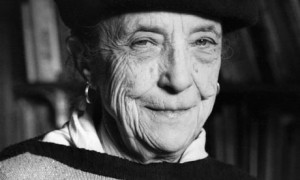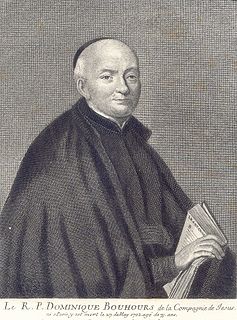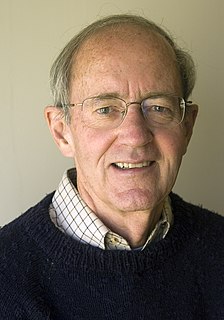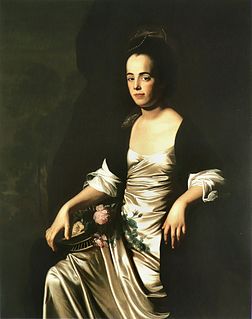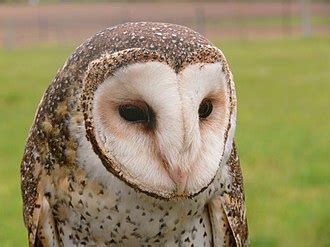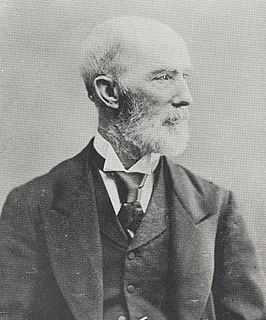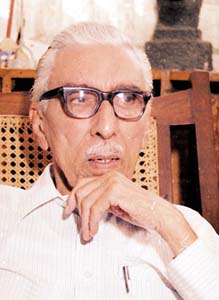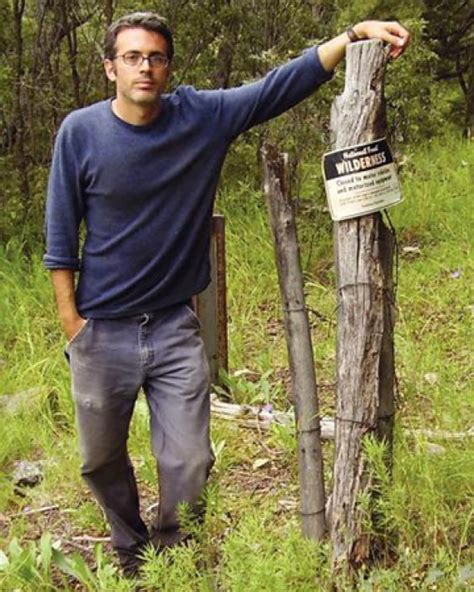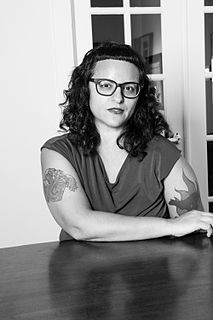A Quote by Lewis Hyde
Most artists are brought to their vocation when their own nascent gifts are awakened by the work of a master. That is to say, most artists are converted to art by art itself. Finding one's voice isn't just an emptying and purifying oneself of the words of others but an adopting and embracing of filiations, communities, and discourses. Inspiration could be called inhaling the memory of an act never experienced. Invention, it must be humbly admitted, does not consist in creating out of void but out of chaos. Any artist knows these truths, no matter how deeply he or she submerges that knowing.
Quote Topics
Act
Admitted
Adopting
Any
Art
Artist
Artists
Awakened
Brought
Chaos
Communities
Consist
Converted
Could
Creating
Deeply
Does
Eating Out
Embracing
Experienced
Finding
Gifts
He Or She
How
Inspiration
Invention
Itself
Just
Knowing
Knows
Master
Matter
Memory
Most
Must
Nascent
Never
Oneself
Others
Out
Own
Purifying
Say
She
Truths
Vocation
Voice
Void
Words
Work
Related Quotes
She has form," he said to himself, as he walked away through the grove - "that cannot be denied to her; but has she got feeling? I am afraid not. In fact, she is like most artists; she is all style, without any sincerity. She would not sacrifice herself for others. She thinks merely of music, and everybody knows that arts are selfish. Still, it must be admitted that she has some beautiful notes in her voice. What a pity it is that they do not mean anything, or do any practical good.
The main difference between the art of the actor and all other arts is that every other [non-performing] artist may create whenever he is in the mood of inspiration. But the artist of the stage must be the master of his own inspiration, and must know how to call it forth at the hour announced on the posters of the theatre. This is the chief secret of our art.
What makes art Christian art? Is it simply Christian artists painting biblical subjects like Jeremiah? Or, by attaching a halo, does that suddenly make something Christian art? Must the artist’s subject be religious to be Christian? I don’t think so. There is a certain sense in which art is its own justification. If art is good art, if it is true art, if it is beautiful art, then it is bearing witness to the Author of the good, the true, and the beautiful
There was no hope for any kind of big opportunity. I'm not saying it was hopeless. The big pay-off was to work as an artist and gain some shred of respect from your friends, who were also artists. But there was never any notion that you could make a living out of art. On the rare occasions you had a gallery show, and sold a little work, well, that was just gravy.
A work of art does not need an explanation. The work has to speak for itself. The work may be subject to many interpretations, but only one was in the mind of the artist. Some artists say to make the work readable for the public is an artist’s responsibility, but I don’t agree with that. The only responsibility to be absolutely truthful to the self. My work disturbs people and nobody wants to be disturbed They are not fully aware of the effect my work has on them, but they know it is disturbing.
Comics are a "young" art form, and there is much confusion as to how to treat them. Images have more immediate impact than words, and it is not every reader who can be convinced to relax into experiencing the work for what it is - not words and pictures, but a different form, where the narrative is propelled by the blending of image, word and sequence, and where no element can be extricated and have the same meaning by itself. When this art is shown in a gallery, its "thingness" is called to attention, it is no longer experienced as "story," but rather as an artifact of the artist's process.
Has it led you to the conclusion that photography is an art ? Or it is simply a means of recording ? "I'm glad you asked that. I've been wanting to say this for years. Is cooking an art ? Is talking an art ? Is even painting an art ? It is artfulness that makes art, not the medium itself. Of course photography is an art - when it is in the hands of artists."
I love knowing and learning about people around the world displaying my art online. Also, it's how I learn about new artists that are in various parts of the world. The positive thing about Tumblr and Instagram is that they're a fantastic platform for art lovers. I also like, when I search for my art and it says, "see also or related artists," and I see those other artists that relate to me, at least according to the internet. I think it's fascinating - it's interesting to see hashtags people are using in relation to my work. It's another tool of communication.
The form of government that is most suitable to the artist is no government at all. ... One might point out how the Renaissance was great, because it sought to solve no social problem, and busied itself not about such things, but suffered the individual to develop freely, beautifully, and naturally, and so had great and individual artists, and great, individual men. One might point out how Louis XIV, by creating the modern state, destroyed the individualism of the artist.






